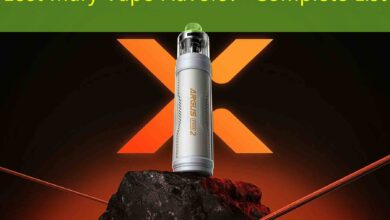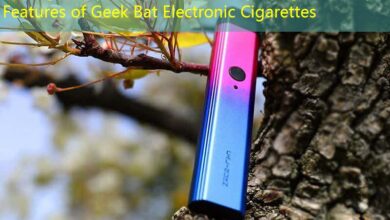THC vs. THCA: Which Is Stronger?
1
The cannabis plant contains a variety of compounds known as cannabinoids, which interact with the body’s endocannabinoid system to produce various effects. Two of the most significant cannabinoids are tetrahydrocannabinol (THC) and tetrahydrocannabinolic acid (THCA). While both compounds originate from the same source—the cannabis plant—they possess different properties and effects that are essential for both recreational and medicinal use.
2
THC is the psychoactive component of cannabis, which means it is responsible for the euphoric “high” that users experience. This compound binds to CB1 receptors in the brain and is known for its ability to induce relaxation, stimulate appetite, reduce anxiety, and alleviate pain. These effects make THC a popular choice among recreational users and many patients seeking relief from various ailments.
3
On the other hand,
THCA
is a non-psychoactive cannabinoid that occurs primarily in the raw cannabis plant. THCA is found in living cannabis plants, and it transforms into THC when exposed to heat through a process called decarboxylation. This means that consuming raw cannabis, such as in juices or salads, will not produce the intoxicating effects associated with THC. Instead, THCA has been studied for its potential anti-inflammatory, neuroprotective, and antiemetic properties.
4
The strength of THC compared to THCA can be assessed in several ways, primarily through their effects on the user and their therapeutic benefits. When it comes to recreational use, the psychoactive effects of THC render it significantly “stronger” in the sense that it produces noticeable changes in perception, mood, and cognition. However, the strength of THCA in terms of potential health benefits should not be underestimated, especially for individuals who prefer to avoid psychoactive effects.
5
One of the main distinctions between THC and THCA lies in their chemical structure. THC has a carboxylic acid group that is lost during decarboxylation, which is what makes it psychoactive. In contrast, THCA maintains this carboxylic acid group, rendering it non-psychoactive. Understanding this chemical difference is crucial for users who are seeking either the therapeutic benefits of cannabis without the high or those who are looking for an intense psychoactive experience.
6
We also need to consider the consumption methods that affect the strength of THC and THCA. THC is typically consumed through smoking, vaping, or cooking, which activates its psychoactive properties due to the heat applied during these processes. In contrast, THCA may be consumed in its raw form by juicing or using cannabis extracts that have not been heated, thus preserving its non-psychoactive state. The method of consumption directly influences the effects experienced by the user.
7
The legal status of THC and THCA varies significantly across jurisdictions. In many places, THC is regulated due to its intoxicating effects, while THCA, which is not psychoactive, often faces fewer restrictions. Understanding the legal landscape can help users navigate their options, especially those looking for therapeutic benefits without the legal complications associated with THC. This makes THCA appealing for patients and individuals who might otherwise be concerned about the legality of their cannabis use.
8
In terms of production, cultivators have started to pay more attention to THCA-rich strains of cannabis. This trend aligns with the growing interest in raw cannabis consumption for health benefits. Many are exploring ways to enhance the levels of THCA in their plants while still delivering THC for traditional consumers. The focus on both cannabinoids highlights the multifaceted nature of cannabis and its potential applications in various fields.
9
When discussing strength, it is crucial to define what “stronger” means in the context of THC and THCA. For those seeking psychoactive effects, THC is undoubtedly stronger, as it produces the high commonly associated with cannabis use. However, for individuals interested in the therapeutic effects without the psychoactive experience, THCA offers significant strength in terms of potential health benefits.
10
Is THC stronger than THCA? Yes, in terms of psychoactive effects, THC is stronger than THCA. THC binds to the CB1 receptors in the brain, leading to noticeable changes in mood, perception, and cognition. In comparison, THCA does not produce these psychoactive effects and is instead known for its potential health benefits.
11
What are the benefits of THCA? THCA has been studied for its anti-inflammatory, neuroprotective, and antiemetic properties. It is appealing for those who wish to experience the benefits of cannabis without the psychoactive effects associated with THC. Many users consume raw cannabis or THCA-rich concentrates to tap into these therapeutic benefits.
12

How can I utilize both THC and THCA? Users can engage with both compounds by selecting appropriate consumption methods. For psychoactive effects, using THC through smoking, vaping, or edibles is recommended. For those preferring non-psychoactive benefits, consuming raw cannabis or THCA extracts is an excellent option. Users can tailor their cannabis experience by choosing how they want to engage with these cannabinoids based on their needs and preferences.




